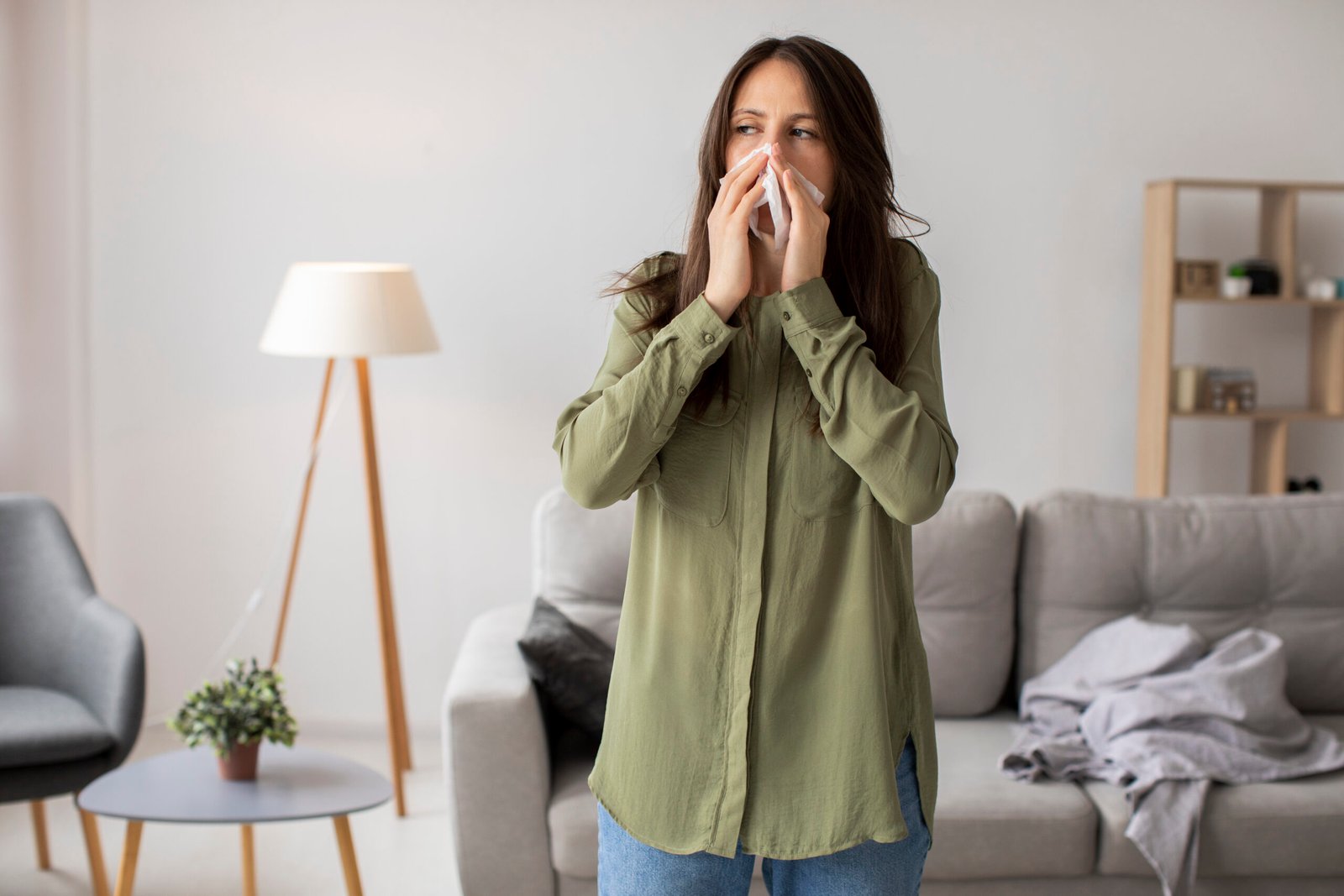
Tips For Managing Seasonal Allergies And When To Consider Allergy Testing
Many people find seasonal allergies annoying. Pollen in the spring or mold in the fall causes discomfort. Luckily, there are seasonal allergy treatments for these allergies. This blog provides tips for managing seasonal allergies and offers advice on when to consider allergy testing.
Understanding Seasonal Allergies
Allergic rhinitis, commonly called hay fever, is a form of rhinitis where the immune system perceives allergens as harmful. During certain times of the year, common allergens include tree, grass, and weed pollen, along with mold spores. These allergy-inducing particles are not always present, but seasonal variations often occur. This can cause symptoms to worsen at different times of the year.
Common symptoms of seasonal allergies include:
- Sneezing
- Runny or stuffy nose
- Itchy eyes, nose, or throat
- Watery eyes
- Coughing
- Fatigue
These symptoms can range from mild to severe. It is important to find effective ways to deal with them.
Tips for Managing Seasonal Allergies
If you have seasonal allergies, there are ways to manage your symptoms. Here are some tips:
-
Identify your triggers
Start by knowing what makes your allergies worse. Keep a diary of your symptoms and when they occur. After you know your triggers, take steps to avoid them.
-
Avoid your triggers
If you know what causes your allergies, the best approach is to avoid them. This might mean staying inside on high-pollen days, wearing a mask outside, and keeping your windows shut.
-
Use over-the-counter medications
Many over-the-counter medications can help with seasonal allergies, including antihistamines, decongestants, and nasal sprays.
-
Visit a doctor
If your symptoms are severe or do not improve with over-the-counter medications, visit a doctor. They may prescribe stronger medicine or suggest allergy testing.
When to Consider Allergy Testing
Do you experience persistent seasonal allergy symptoms that don’t improve with over-the-counter antihistamines? You may need an allergy test. This can help identify the causes of your symptoms and guide your treatment plan.
The two most common types of allergy testing are skin prick tests and blood tests. The skin prick test is often preferred to other methods when testing for allergies. In this test, a small quantity of an allergen is applied to a patient’s skin. If the patient is allergic, then redness and tenderness are observed on the skin at the test site. The blood test is accurate and simple, as it involves measuring the number of antibodies in the blood in response to various allergens.
Conclusion
Dealing with seasonal allergies can be tough, but with the right strategies, you can feel better and enjoy your daily activities. Monitor pollen levels, keep your home free from allergens, and try medications or natural treatments to soothe your symptoms. If your symptoms persist, worsen, or don’t improve with over-the-counter treatments, consider allergy testing. Testing can identify your triggers and lead you to the best seasonal allergy treatment options, including skin allergy testing.
At Healwell Primary Care, we understand how seasonal allergies can be disruptive. Our expert healthcare team is here to help with your symptoms and provide the relief you need. Whether you need advice on managing allergies or are considering allergy testing, we are with you every step of the way. Contact us today to set up an appointment and start feeling better.
FAQs:
-
Is it possible to avoid suffering from seasonal allergies?
Yes, there are proven strategies that allow individuals to avoid their seasonal allergy symptoms.
-
When do allergies start and end?
Allergies usually tend to occur when certain allergens that are associated with certain seasons, such as pollen or mildew, are in large numbers. In spring, we typically see tree pollen. In the last few weeks of spring and the early part of summer, grass pollen peaks and in the latter part of summer up to harvest time, weed pollen is observed. These allergies usually subside as the allergens decrease, often with changing weather patterns.
-
How can you stop seasonal allergies?
Limiting your exposure to triggers is the best way to prevent seasonal allergies. This is not always easy, especially when tree pollen or ragweed is everywhere, but knowing your specific triggers can help you avoid them more effectively..
Contact Us Today
Book an in-person or online visit in seconds. Call (312) 971-7147 or click on Book Appointment.





